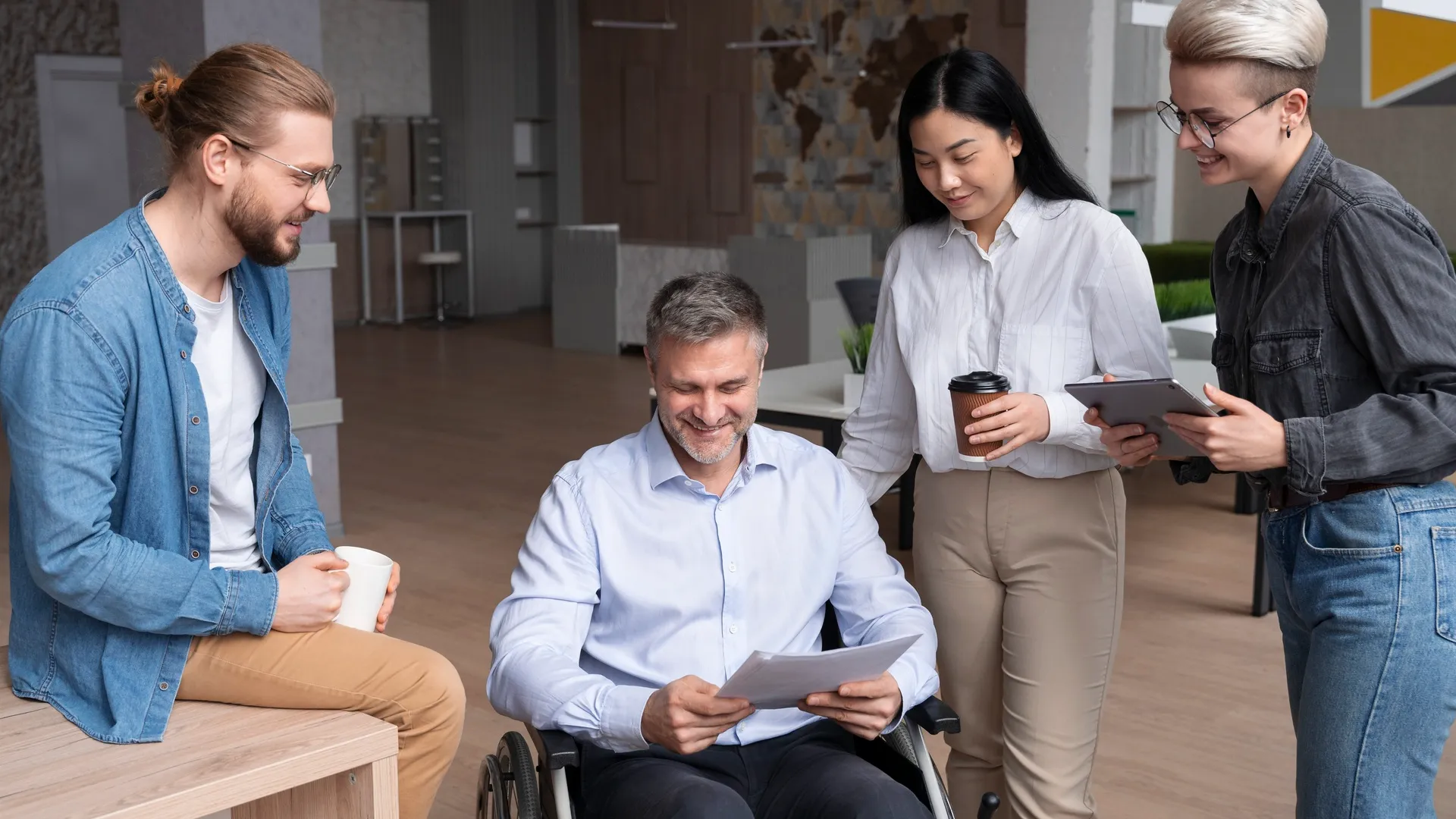The National Disability Insurance Scheme (NDIS) is essential to Australia’s support for people with disabilities. Its main goal is to empower participants, giving them what they need to live happy lives. A big reason it works well is because participants and NDIS providers in Newcastle work closely together. This partnership leads to personalised care and support. In this blog, we look at how this collaboration makes a big difference in NDIS outcomes, showing the many benefits of this symbiotic relationship.
Understanding the NDIS:
The NDIS changes how Australia supports people with disabilities, focusing on personalised care and choice instead of traditional welfare. With the NDIS, participants get funds based on their needs so they can get the right support. This shift to personalised care highlights the importance of participants and providers working together. It shows the NDIS’s goal of giving people more control over their lives.
The Power of Collaboration:
NDIS providers in Ryde and participants work together in a partnership based on trust, communication, and respect, going beyond the usual client-service provider relationship. This way of working allows providers to understand participants’ experiences, goals, and difficulties to offer more personalised and helpful support. By talking and working together regularly, providers can adjust their services to fit each participant’s needs and preferences, ensuring their help is sensitive to their culture and situation.
Enhanced Service Delivery:
Collaboration improves how services are given. When participants talk openly with providers, they can explain their goals, likes, and worries better. This helps providers make thorough plans covering different types of support, not just for now but also for the future. By working together, providers can offer services that not only work well but also make participants feel more independent and in control of their lives.
Empowerment and Choice:
Working together in the NDIS makes participants feel more empowered and independent. When people with disabilities are involved in planning and decision-making, they feel like they have more control over their lives. This empowerment goes beyond just getting services; it affects other parts of their lives, like school, work, and community involvement. Plus, collaborating means participants can choose from many different services, so they can pick what’s best for them and follow their interests and goals.
Holistic Approach to Support:
Effective collaboration enables an NDIS provider in Newcastle to adopt a holistic approach to support that covers all aspects of a participant’s needs. By seeing how different challenges and goals are linked, the provider can make thorough plans that include many types of support. This approach understands that physical, emotional, and social factors all affect someone’s well-being. So, by offering support that looks at all these areas, the provider can help participants feel better overall and have a better quality of life.
Promoting Innovation and Continuous Improvement:
Collaboration sparks innovation and improvement in the disability sector. By talking openly and listening to feedback, an NDIS provider in Ryde can find ways to improve things and develop new ideas, making positive changes in the system. Participants are key in this, shaping the future of disability services by speaking up for what they need and sharing their experiences. This teamwork encourages trying new methods and technologies to meet participants’ changing needs, making services more helpful and responsive.
Building Resilient Communities:
Collaboration between NDIS providers and participants helps make strong and welcoming communities. Collaboration goes beyond just one-on-one relationships by encouraging people to connect, join in, and help each other. It makes people feel like they belong and brings communities together. When participants and providers share experiences and work together, they make society more inclusive. They help people with disabilities feel important, respected, and can do well. This feeling of community isn’t just about getting services; it also includes how society sees and treats people with disabilities.
Challenges and Opportunities:
Collaboration has great potential for improving things, but it’s not always easy. Problems like communication issues, insufficient resources, and different points of view can get in the way. Still, facing these challenges can help us learn and grow. If we work on overcoming barriers and prioritising collaboration, the disability sector can overcome these challenges and make the most of working together. Welcoming different ideas and experiences can help us find new and better ways to do things in the NDIS, making things fairer and better.
Conclusion:
Collaboration between NDIS providers and participants is crucial for making good things happen and making life better for people with disabilities. By building a culture of collaboration based on trust, talking openly, and respecting each other, we can help participants, improve how services are given, and come up with new ideas in the disability sector. As we work toward a fairer and more inclusive society, collaboration stays important in helping people with disabilities reach their goals and dreams. Together, we can make a future where everyone has the chance to do well, no matter what challenges they face.
With NDIS providers like For Better Care, collaboration drives real change, enriching lives and creating brighter futures for everyone involved.








Comments